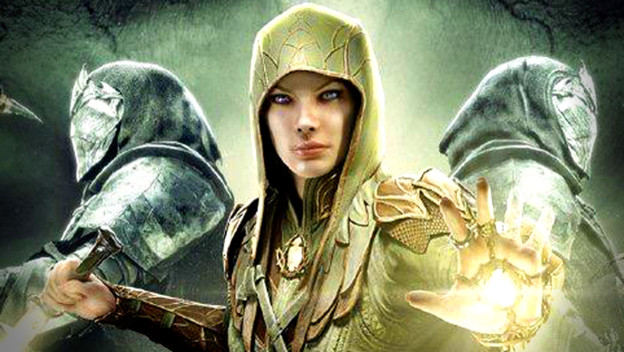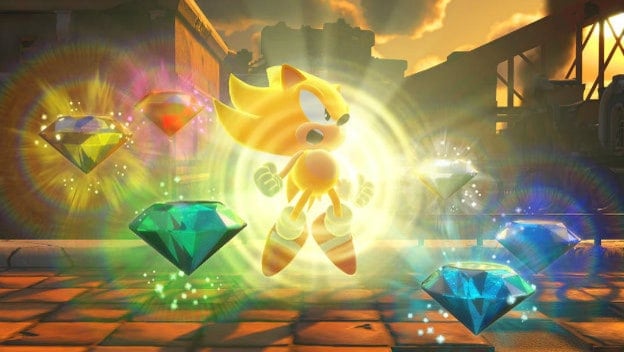We are most definitely in an era where games on discs are almost never the entire game. Most companies tend to release some sorts of add-ons later on. This supplemental content may not be exactly essential, but does generally improve the quality of life. But what happens five or ten years from now, maybe longer, when the games are old and the DLC forgotten? Does it fade away? Do the prices remain the same? Is now the time for companies to start offering some sort of commitment to players?
After all, it does not seem fair for games’ add-ons to remain at full retail price when the game itself is a fraction of what it once cost. The glitter has faded, and alternatives need to be considered. Companies have to take into account proper preservation, so future audiences can access the full experience. Fortunately, there are different avenues to possibly pursue, and some companies are already setting trends that could benefit everyone.
One option, the best possible scenario, is to just give DLC away for free. Lots of companies have seen when a controversy or issue could come up in the past and just avoided bad situations entirely by making them free. Why, in the last year we have seen Sonic Forces and Shadow of War DLC suddenly become free. The Mass Effect 2 DLC ended up becoming free when BioWare’s website went down, and DOOM’ s multiplayer add-ons ended up getting a $0 price tag after an eventual game update. Which is only wise.
After all, companies know that after a game’s heyday has ended, the amount of money they can earn off of it significantly drops. Knowing that the add-ons will be free might be the push people need to actually invest in a nearly defunct game again. Knowing that the content is no longer profitable can lead to them doing something for the greater good. People appreciate such things.

Another option is to create some sort of program that would allow people to gain access to add-ons via other means. Nintendo has the My Nintendo loyalty program. People can spend earned points on DLC for games like Mario Kart 8 or Pikmin 3 . Ubisoft has its Club Ubi that can sometimes give people who have signed up access to freebies. This provides companies with a means of advertising to known fans and prospective customers, incentivizing interactions and time with extra DLC. This could be another way to keep content relevant, but not try to rip people off by charging for old content.
Really, the only thing companies could do wrong is let prices remain the same. There are certain expectations when it comes to the cost of a game months and years after its release. It is not like the suggestion is to immediately discount all add-ons that extend the lifespan of the game. Rather, around a year or two after launch, developers and publishers that put out such extras should circle back and reevaluate the game’s audience. If it seems like things have died down enough and the prices for games have dropped substantially, consider making the extras either free or tying them to a loyalty program. It boosts goodwill, could get people to reinvest in the actual game again and extend lifespans.
